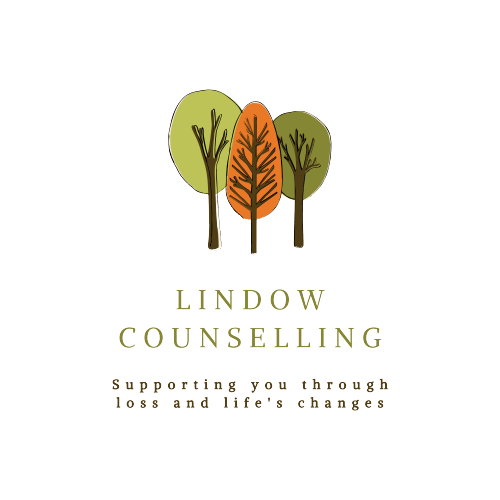Pet bereavement counselling
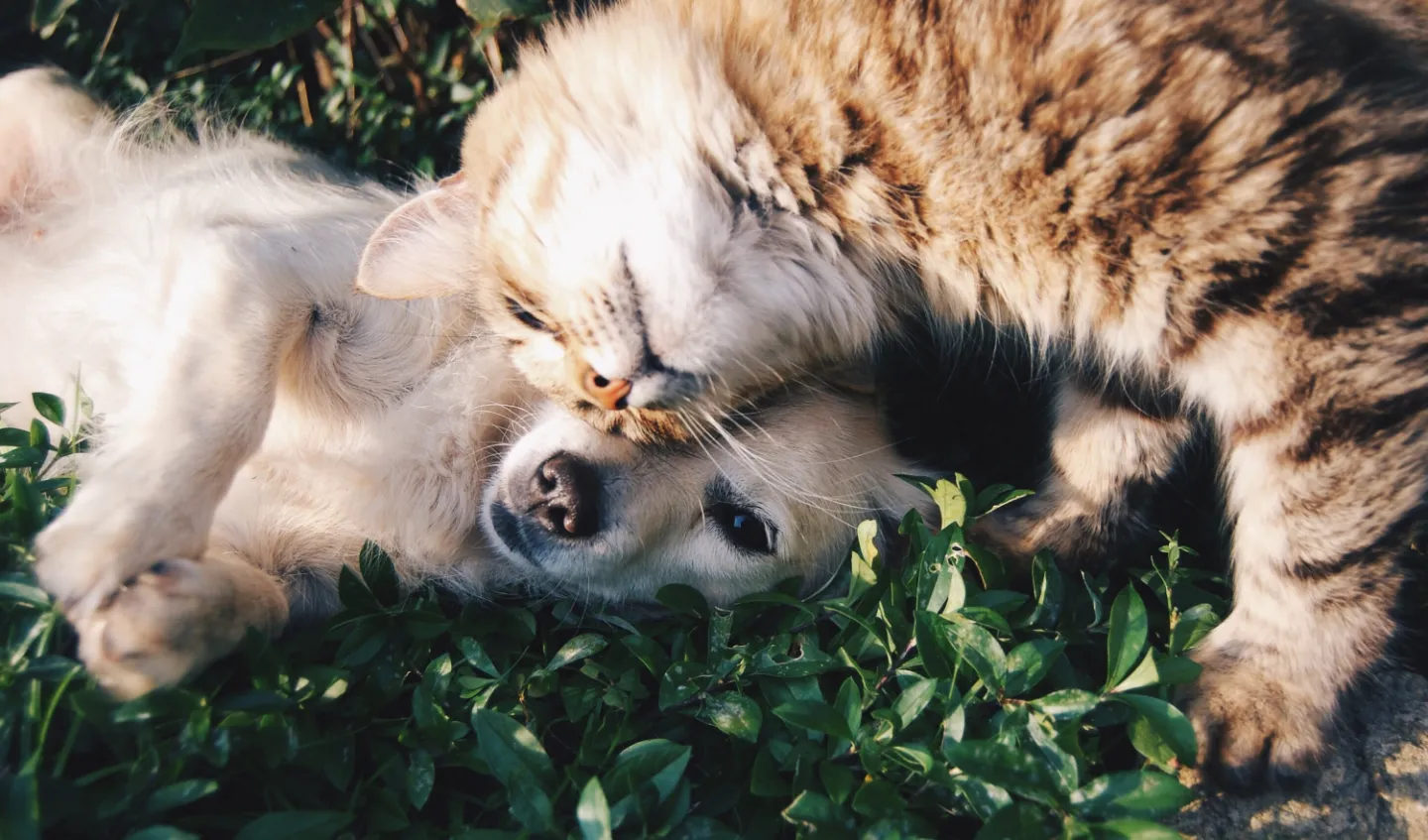
Pet bereavement can affect us in different ways. You may be facing an impending loss that you know is approaching but you don't know how to manage your wide range of intense feelings that are very real.
You may have recently suffered pet bereavement and are not sure how to manage the depth of emotions you are now feeling.
It could be that you've experienced a 'complicated loss', such as pet theft, a pet on pet attack or your pet may be missing....
Pet bereavement is as painful, sometimes more so, than the loss of a human in your life. There can be stigma around the loss and misunderstanding within society about how a pet can be so important but pet loss grief is very real and pet bereavement can be totally debilitating.
If you're reading this, I'm assuming it may have affected or may be affecting you or someone you know. As a qualified therapeutic counsellor, working with loss and pet bereavement for almost 10 years I'm going to explain the unique features of pet loss and why we need to adapt our view of pet bereavement.
Pet bereavement counselling is therapeutic counselling that can help you to work through your grief in relation to your loss. Pet bereavement does have some unique features.
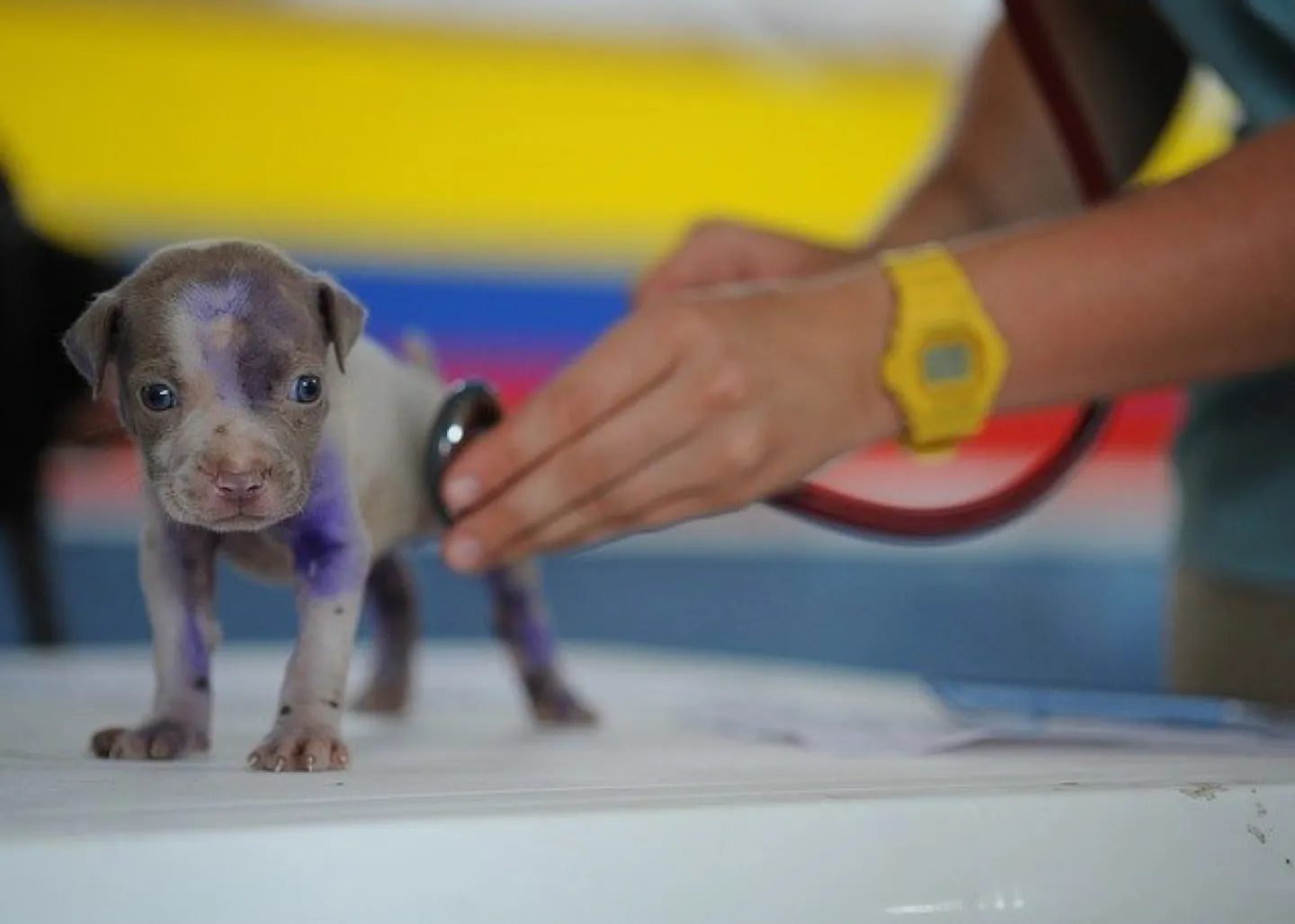
Society often views an animal as simple property and this can have devastating consequences on a carer experiencing loss.
Within the cultural 'systems' in our lives, those of our family, support group, housing institutions, education, work, health, criminal justice and care to name a few, animals can simply be viewed as objects. Something we own. This 'property view' is causing many problems.
In order to fit into a system, you may be told you have to 'get rid' of your beloved animal companion. You may face a choice of receiving a particular service but only if you 'relinquish ownership of your pet'. This leads us to the phrase 'disenfranchised grief' – a loss that isn't fully understood or valued within society.
For many, this is a horrendous situation to be in. It can mean the choice between a home and staying on the streets. The charity StreetVet explain that many homeless people will prioritise the relationship with their pet, of many years, ahead of a home when a clear choice has to be made...
Health care for your pet can often feel exclusionary. Blue Cross being a supportive charity helping people on benefits to access care for their animals and the aforementioned StreetVet providing free vet care for homeless people who are seeking care for their beloved companions.
A great example of this is Street Cat Bob, and the wonderful account by James Bowen of how that relationship saved his life and gave him purpose.
But what if you don't fit the criteria for support? Some vets will offer payment schemes. It's advised that you obtain pet insurance, but as vet costs for complicated treatments become more expensive and many insurance companies will not cover pre-existing conditions from one policy year to the next, this type of cover can be very expensive and sometimes exclusive.
This 'exclusivity' in pet care which is dependent upon how much money you can afford can create all kinds of feelings around guilt and shame when you may not be able to offer the care your animal companion so desperately needs.
An example shared at a recent pet bereavement networking session was that of the impact of loss on elderly people entering care homes. Many care homes are unable to accommodate a pet as the care issues of the animal may be prohibitive and they have to consider the well being of all residents. Many studies have shown how an animal can enhance the well being of elderly or ill people but the system in care homes doesn't appear to facilitate residents and animals living together in most cases because of difficulties caring for both.
This is a complex area and the legal professional at the meeting outlined how an animal is still considered to be property in many areas of law and how complicated it may be to change the status of an animal throughout all echelons of the legal system.
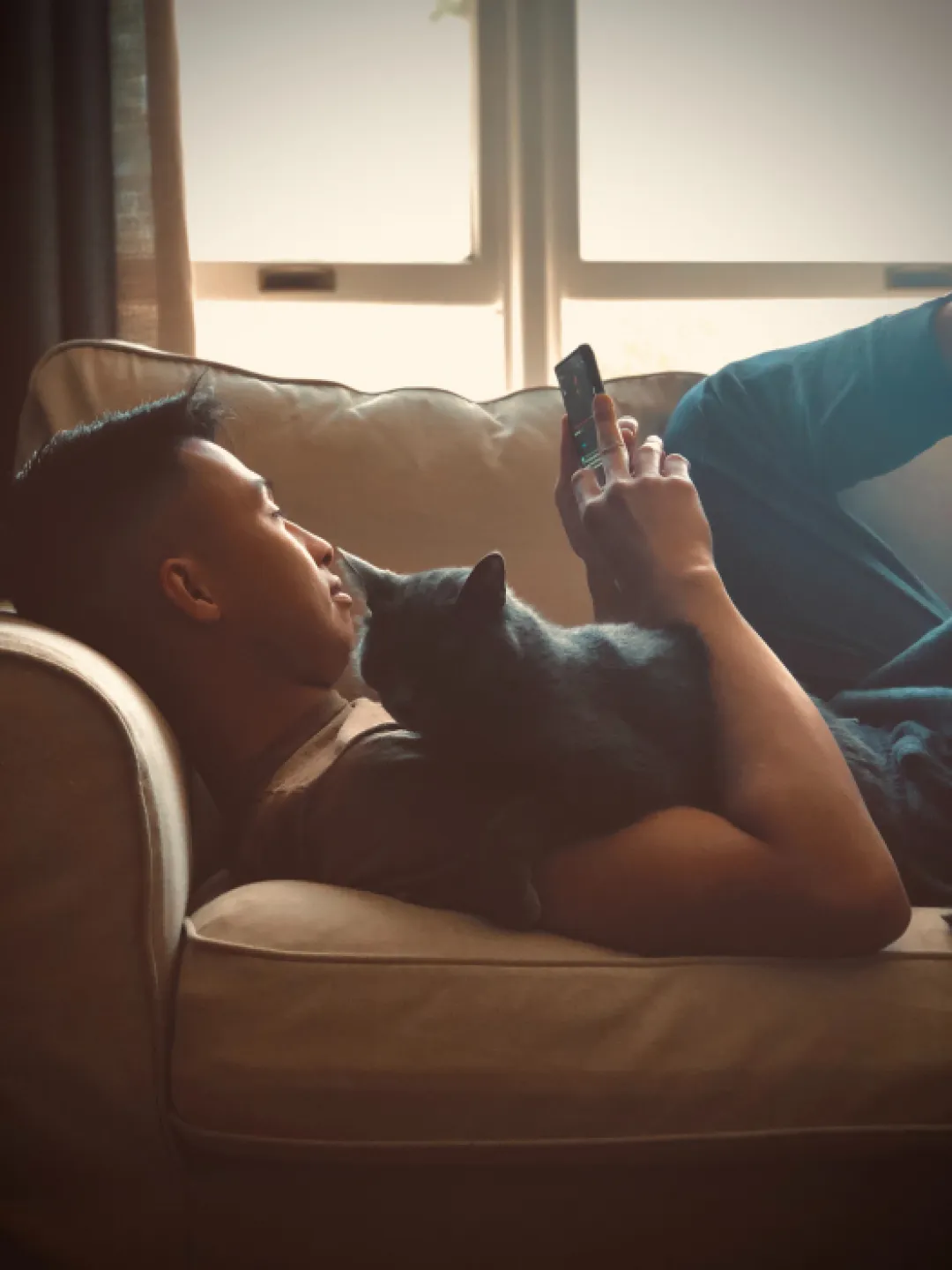
In my life, since the 1970's I've witnessed a huge change in how animals fit into our lives. As a child, it was commonplace to see cats and dogs wandering the streets freely. Those people who looked after pets, often had them living outside in kennels.
Some 'owners' as they were termed then, might take their vets for vaccinations when they first got them but not all would follow up with annual boosters.
Pets were more of an addition to a family home, whereas throughout the 80's and 90's as they became welcome more indoors, that role changed to a part of the family. It's now not unusual to hear of carers having their pets sleep alongside them on the bed at night.
There was a huge growth in the pet services industry where you could provide your animal with holiday accommodation, buy clothes for your pet, get involved with sports with your pet, provide special diets for your animal and pets became more a part of everyday life.
This coincided with an increase in divorce rates and also people living longer so the potential increased levels of loneliness in society could be softened by having a companion animal as a central feature in the daily life of a carer.
Names of animals have changed greatly from those such as Spot, Ginger, Smudge and Fluff to Dave, Sam and Bella (to name just a few I meet on my daily walk!). This again showing the more personal connection of our animals in our lives.
Our pets have changed from being an addition to an integral and valued member of a family and this doesn't even touch on the role of working animals such as those of assistance animals for hearing impaired, visually impaired carers, working animals including sniffer dogs in the police and armed services.
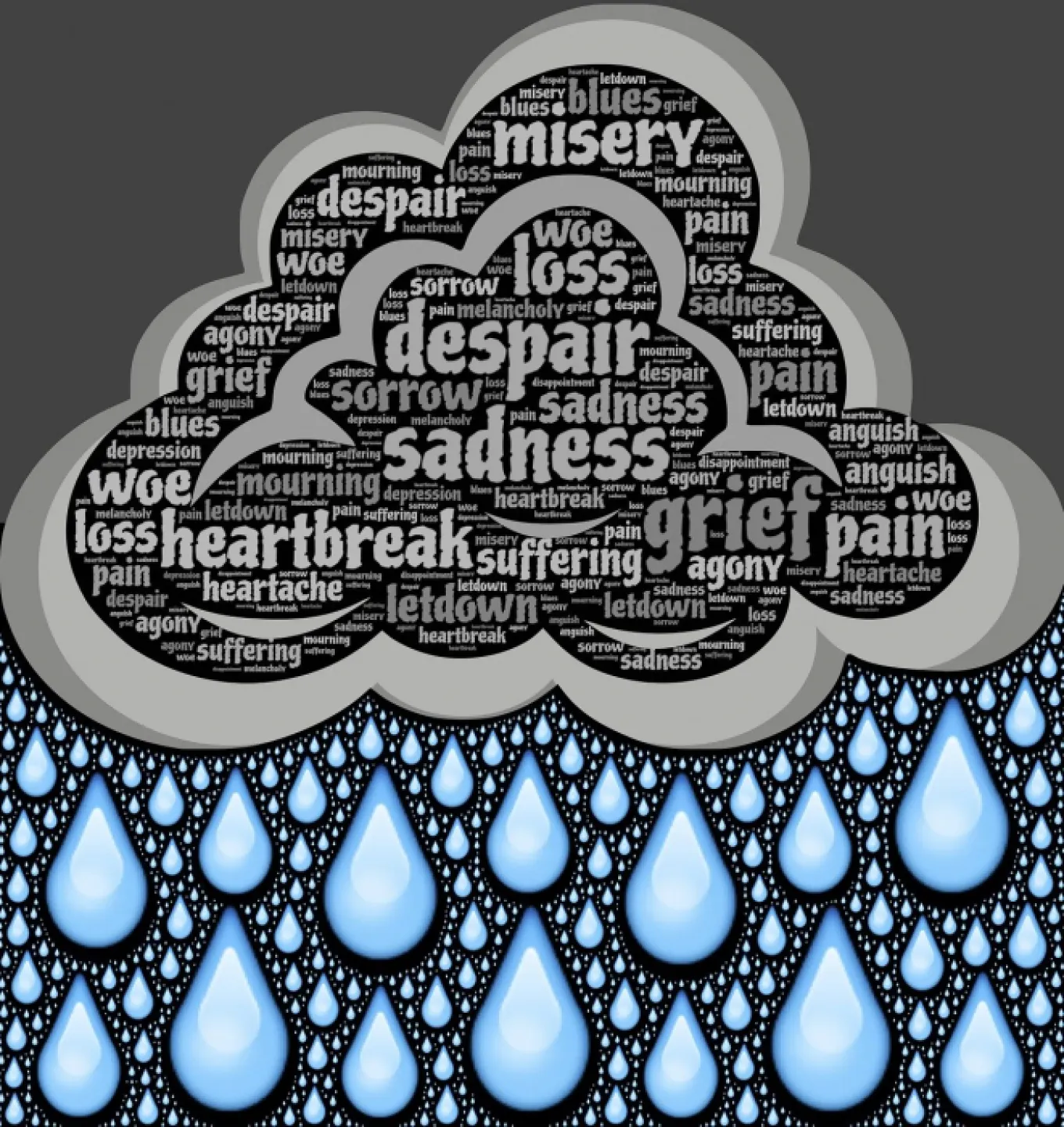
With more of an understanding of how animals fit into modern day life, it's no wonder that you are upset when you are facing and experiencing pet bereavement.
I hope you can appreciate why you may feel overwhelmed and why it can hurt so much.
It is OK to accept your feelings, they are normal.
Problems arise when the law still sees your pet as property and allows the exclusionary rules to be enforced such as where you can live, how theft of pets will be viewed, how it's not a legal issue if there is a dog on dog attack (it's just what animal's do...).
This kind of occurrence can be so damaging to your well being. Someone you love has been hurt or has died. You will need time to grieve and accept your feelings.
- You may have experienced trauma. If you've witnessed your beloved animal being hurt or killed this is not a natural loss and this can affect you in the same way as a life threatening trauma might.
- If you've been unable to pay for your animal to have life saving treatment, you may have all kinds of feelings related to guilt and this can halt your grieving process.
- If your animal has been stolen and you don't feel the crime is being investigated or that anything will happen to the culprits and you are left in the devastation of not knowing what has happened to your beloved pet this can lead to serious mental health consequences for you.
You will need support to process what has happened and what is happening. Can you accept your feelings, acknowledge they are natural to feel now? What can you do with them? Who can you turn to for support right now and will they fully understand what you are experiencing?
Hopefully, as society is changing, you may have access to a support network such as close friends/family. You may be able to talk freely. You might have an employer who enables you to have time off work to deal with your grief. You may have a supportive GP who can help you right now.
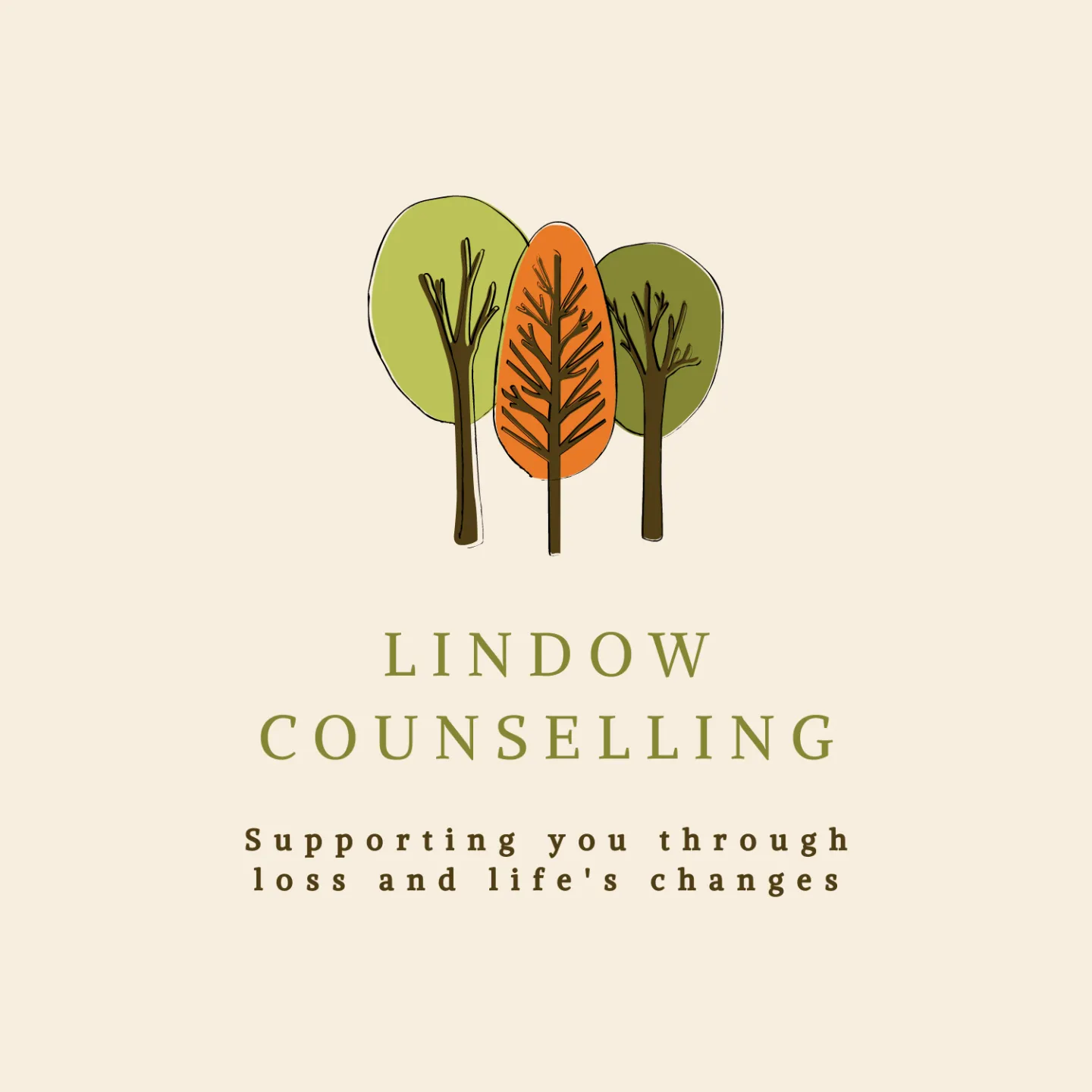
Pet bereavement hurts because:
- You are in relationship with your pet
- You probably spend more time with and caring for your pet than you do with most other people in your life
- Your day's routine may be built around your pet
- Your pet can give you purpose
- Your pet may be the link to your social life, seeing other local pet owners and chatting together
- Your pet may be your link to well being, having a good walk each day
- Your pet may be the only other regular being in your life that you have daily interaction with
- Your pet dotes on you and vice versa
- Your pet helps to calm you
- Your pet may be the link to other significant others in your life, such as partners who you're no longer with, parents you've lost, difficult times where your pet provided support
- YOU LOVE YOUR PET
This list isn't exhaustive but gives a flavour of why it's OK to feel whatever you are feeling if you are experiencing loss of your beloved animal.
Pet bereavement is real as you have been in relationship with your animal just like you would be with a human.
How do you feel about the statement 'It's just a pet' now?
Now you understand how complicated pet loss is, you can hopefully see how natural it is to seek help from your support network.
Pet bereavement counselling can help you to look at the many factors around being a pet carer that are now causing you so much pain. Feelings such as guilt and shame, sadness, anger, helplessness and despair aren't uncommon feelings when I support carers experiencing pet loss.
Sharing your feelings about your impending or current loss can be so helpful for your grieving process. I offer one to one counselling that goes at your pace, offering support, care and sometimes helpful 'therapeutic tools' to deal with your loss.
I also offer affordable online therapeutic group sessions for a maximum of 4 carers with 6 themed sessions. I've blogged about my group work previously.
If you feel I can help you or someone you know who is in serious need of help because of the loss of their beloved animal please contact me on helena@lindowcounselling.co.uk or call me on 07422 885951.
Loss is loss and it's the depth of the relationship in your life that determines how much it hurts. Love isn't measured in species but instead is about the place that relationship has in your heart.
